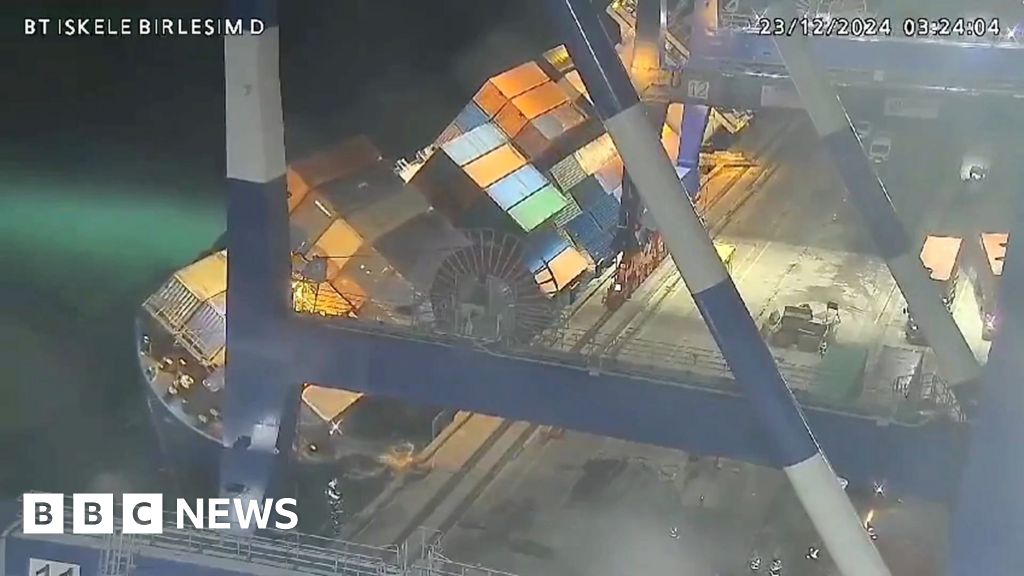Israeli Prime Minister Benjamin Netanyahu's security cabinet has approved a ceasefire deal with Hezbollah, his office has said.
The agreement would bring about an end to fighting that has seen more than 3,500 Lebanese killed and more than 15,000 injured in over a year.
In a TV address Mr Netanyahu said: "It's not the same Hezbollah any more. We've attacked strategic targets throughout Lebanon. We pushed Hezbollah back decades.
"That is why I will bring before the cabinet tonight a plan for a ceasefire.
"If Hezbollah tries to attack us, we will attack."
Middle East latest: Biden says he insists ceasefire deal will be 'permanent'
Mr Netanyahu said there are three main reasons for a ceasefire now: the Iranian threat, "refreshing our forces and rearming our troops".
He said the ceasefire would further isolate Hamas and Gaza and allow Israel to turn its focus to Iran, which backs Hezbollah and is Israel's biggest threat in the region.
US President Joe Biden said the deal is "designed to be a permanent cessation of hostilities" and will come into effect at 4am local time on Wednesday.
"What is left of Hezbollah and other terrorist organisations will not be allowed to threaten security again," he added in a speech in the White House Rose Garden.
He said over the next 60 days the Lebanese army and state security forces would deploy and take control of their own territory as Israeli forces withdraw, adding: "Hezbollah infrastructure in Lebanon will not be allowed to be rebuilt."
Mr Biden said the US "has pledged to work with Israel and Lebanon to make sure the agreement is implemented", with the support of France and other allies.
The ceasefire deal will provide the conditions needed for a return to calm in Lebanon, French President Emmanuel Macron said in a joint statement with Mr Biden.
Lebanon's Prime Minister Najib Mikati welcomed the ceasefire agreement in a call with Mr Biden, his office said.

Israel strikes targets across Lebanon
It comes as Israeli warplanes struck targets across Lebanon, killing at least 23 people.
The Israeli military also issued a flurry of evacuation warnings, suggesting it was aiming to inflict as much damage on Hezbollah as possible before any ceasefire took hold.
Hezbollah in turn kept up its rocket fire, which triggered air raid sirens across northern Israel.
Hezbollah's new leader Naim Kassem appeared to be open to a ceasefire with Israel during a speech last week.
Fighting between Hezbollah in Lebanon and Israel broke out the day after the 7 October Hamas attacks last year, and Israel launched a ground invasion earlier this year.

 3 weeks ago
3
3 weeks ago
3










 English (US) ·
English (US) ·